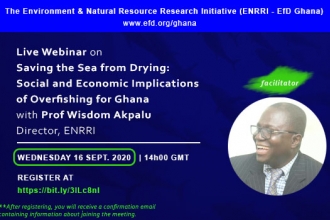An integrated assessment of vulnerability to floods using composite index – A district level analysis for Bihar, India
Vulnerability assessment using composite indices provides critical information for the policymakers on why certain regions are impacted more than the others. Several researchers have assessed the vulnerability to hazard in diverse spatial and environmental settings, however, not many studies have assessed the vulnerability to flood hazards in Bihar, where flooding is a perennial event.

